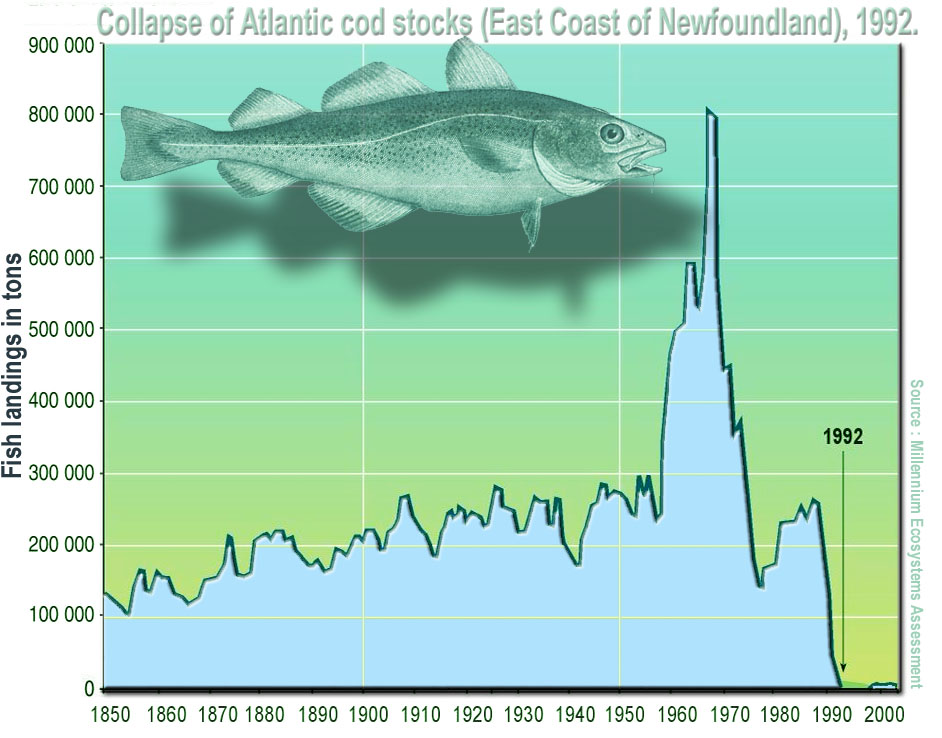Our world has changed dramatically. The way we engage with each other must change too.
We are in the middle of one of the biggest social changes in all of human history; comparable to the dawn of agriculture.
For the first million years or so of human history, before the Neolithic revolution, we lived in small tribes of hunter-gatherers. We had no large-scale social organization or institutions. Everyone in the tribe knew everyone else – what their character was like, how much they contributed to the overall good of the community, who they were friends with, what they thought.
After the Neolithic revolution, everything changed. Farming, probably the most important technological discovery ever, had a huge impact on the structure of human societies. Agriculture led to a vastly higher population density, to fixed settlements, to division of labour, and to cities.
All of a sudden, we were living in groups bigger than we could keep track of. No longer did we know personally all the people around us. And so to manage this drastic psycho-social shift, we created new institutions and structures.
We created money to track the contributions of individuals to the shared economy.
We created laws to formalize what was acceptable behaviour in these new mega-communities.
We created courts, royal dynasties, and parliaments to organize these large groups of people.
And even our religious beliefs and systems changed. Tribal shamans were replaced with formal priesthoods, with far-reaching social and political influence.
Eventually city-states grew into nation-states, and as they did so many people gave thought to what it meant to be a citizen. Over time we developed the idea of a Social Contract, an agreement between the individual and the state. The state provides stability, protection and regulation, and the individual provides contributions of labour and obedience to the laws and cultural norms of their country.
“civis romanus sum”
We may not talk about it much these days, but for centuries the exact relationship between the individual and the state has been a major topic of discussion. The Latin word civis, or ‘citizen’ is the root of our words civil, civilized, civility, and so on. A civil individual is one who understands his role and obligations towards a broader society.
Today, we live not just in connection with our local tribes, or our city, but with the whole world. Each of us, daily, affects and is affected by people from around the planet. This article can be read just as easily in Auckland as in Barrie. The computer I’m writing it on was assembled in China. In the news and in social media we can follow real-time updates from the sporting rivalry of the World Cup in Brazil or the horrific religious and ethnic violence in Iraq.
And so I believe we need a new, global, civics. We need to be asking, and answering, these questions:
- What does it mean to be a global citizen?
- What are my responsibilities towards my co-inhabitants of this planet?
- How do my economic and political choices affect those on the other side of the globe?
- What positive, constructive steps can I take towards a healthier, more peaceful, more prosperous, more equitable global society?
Sometimes this world can be a depressing place. When I read about the destruction of global ecosystems, the continued existence of concentration camps 60 years after the liberation of Bergen-Belsen, or our failure to bring war criminals to justice, I can get despondent. But I’m not the first to feel this way. The prophet Jeremiah experienced his country being invaded, his culture nearly destroyed, and his fellow countrymen forcibly relocated. He would have had every right to hate the system he found himself under.
But instead, he chose hope. Seek the peace and prosperity of the city you’ve been exiled to,” he told the survivors. And I hope today that we can learn how to seek the peace and prosperity of the entire planet. In our purchase decisions, in our politics, even in our Twitter conversations, perhaps we can pioneer a truly civil way of interacting with each other.

